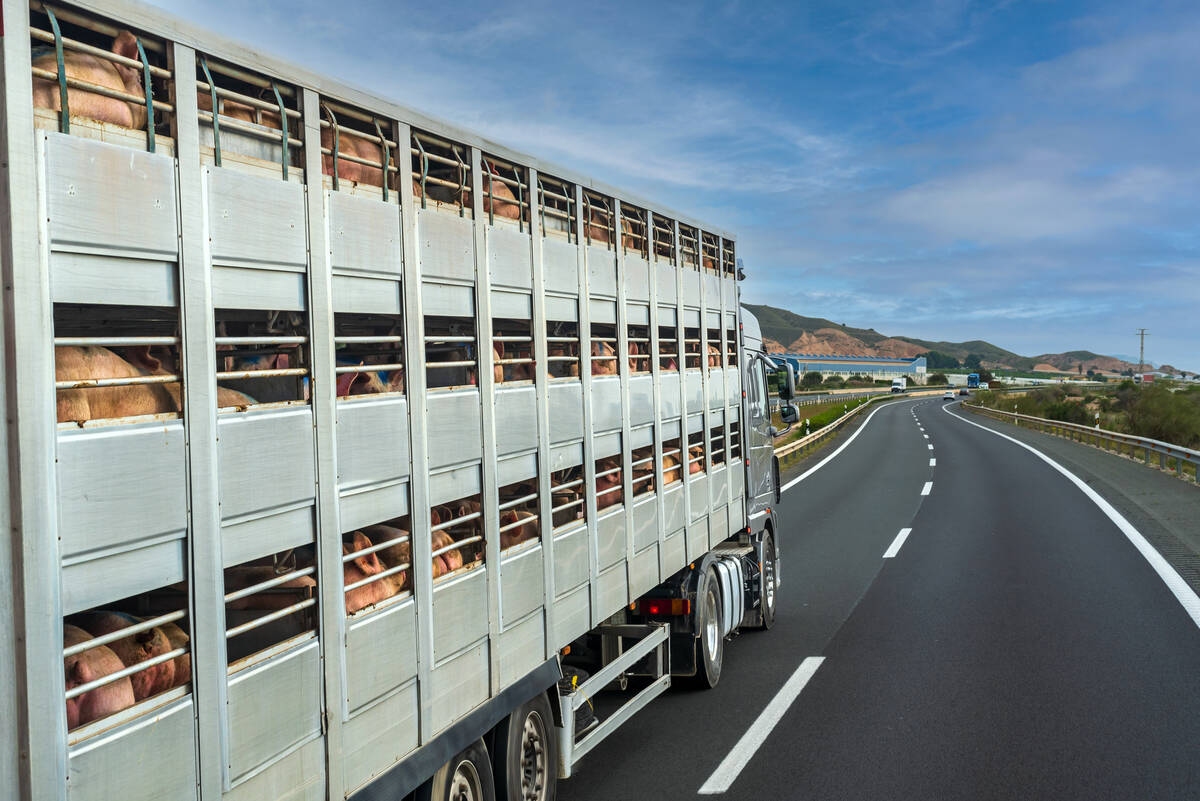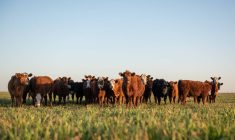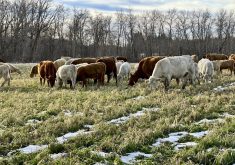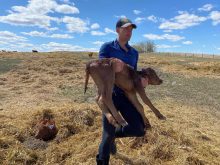Keystone Processors is a step in the right direction, but it will be only a mid-size plant.
It’s been another tough year in a series of tough years for the Manitoba cattle industry. There’s no way around that fact. Before the unseasonably high rainfalls hit this summer, producers were already having trouble coping with rising transportation and feed costs. The rains made it worse by washing away their fields.
But this year also saw what I believe could be the start of an industry revival. Keystone Processors announced it was setting up the first beef-processing plant in Manitoba in a generation. The company’s plan is to take a former hog plant in Winnipeg and turn it into a high-end, federally inspected plant that can slaughter and process our cattle for premium niche markets around the world.
Read Also

Pig transport stress costs pork sector
Popular livestock trailer designs also increase pig stress during transportation, hitting at meat quality, animal welfare and farm profit, Agriculture and Agri-Food Canada researcher says
Financial help
Keystone Processors was able to purchase the building and begin renovations with the financial help of the Manitoba Cattle Enhancement Council (MCEC), which has invested $2.4 million in the venture. As chair of MCEC, I’m very proud to have played a part in helping Keystone to this stage. Our council worked very hard with the management of the company to hammer out a sound business plan and find the right property.
But this is just the beginning, both for Keystone Processors and for MCEC. The company plans to create a new, premium brand of Manitoba beef. Under its plan, over the next few years the plant will be upgraded, production will begin and export orders will be filled.
It’s vital for Manitoba producers to have access to federally inspected processing facilities. It’s the federal licence that permits export and gains access to large supermarket chains and foreign markets. It was our lack of this type of facility that hurt us so badly when the U. S. border was closed to Canadian beef exports in 2003. Our producers were effectively blocked from getting their animals to market.
For our part, MCEC won’t be satisfied with only one new facility. The Keystone Processors operation is a step in the right direction, but it will be only a mid-size plant. We need more options for our producers. That’s why we are already working with other organizations in the province to add slaughtering and processing capacity as well as other marketing opportunities for our cattle producers.
Business plans
Our ultimate goal is to build a stronger provincial industry that will be able to stand on its own and prosper in a highly competitive global market. That was the reason MCEC was formed and it’s a challenge we’re tackling with determination. Our council administers an investment fund that is funded by a $2 levy on every head of Manitoba cattle
sold. The province has been matching that for the past two years, turning every $2 into $4.
We now have a fund that is large enough to provide financing for operations like Keystone Processors. But we envision the council will invest in multiple organizations in the coming years. We are in the process of vetting other business plans that we hope will form the basis of more good news for cattle producers.
– Bill Uruski is a former provincial minister of agriculture and now chairs the Manitoba Cattle Enhancement Council ( www.mancec.com).

















